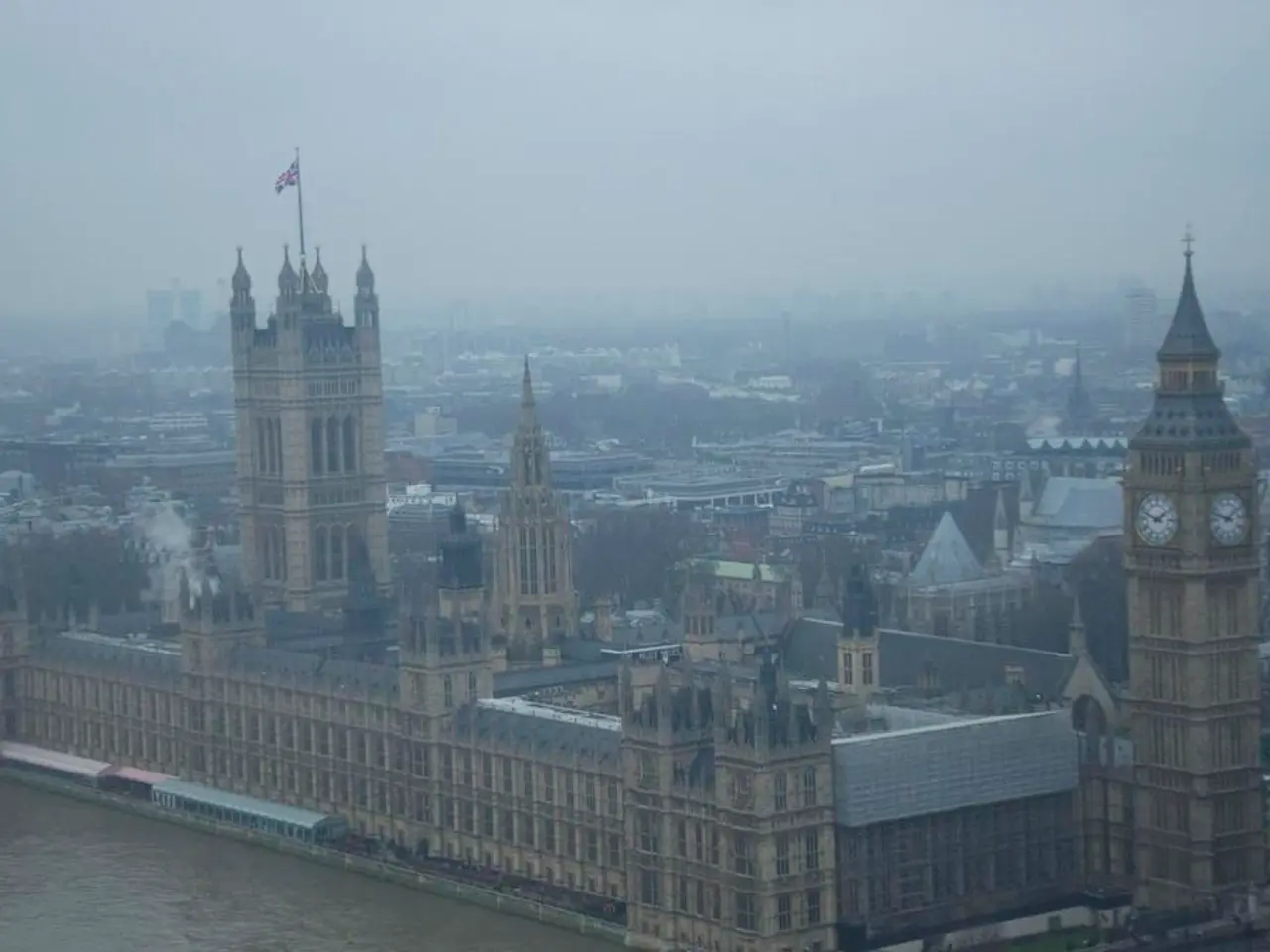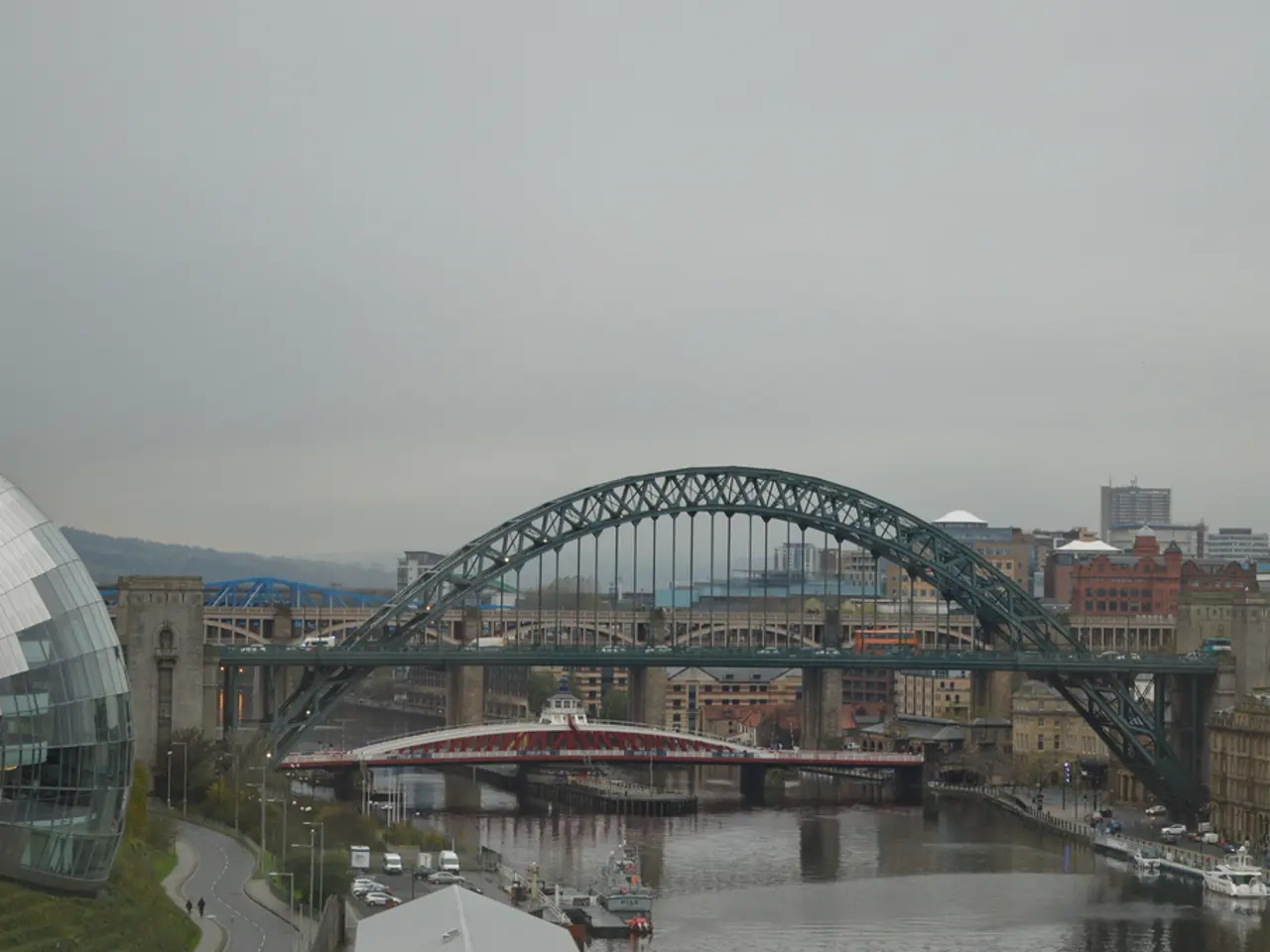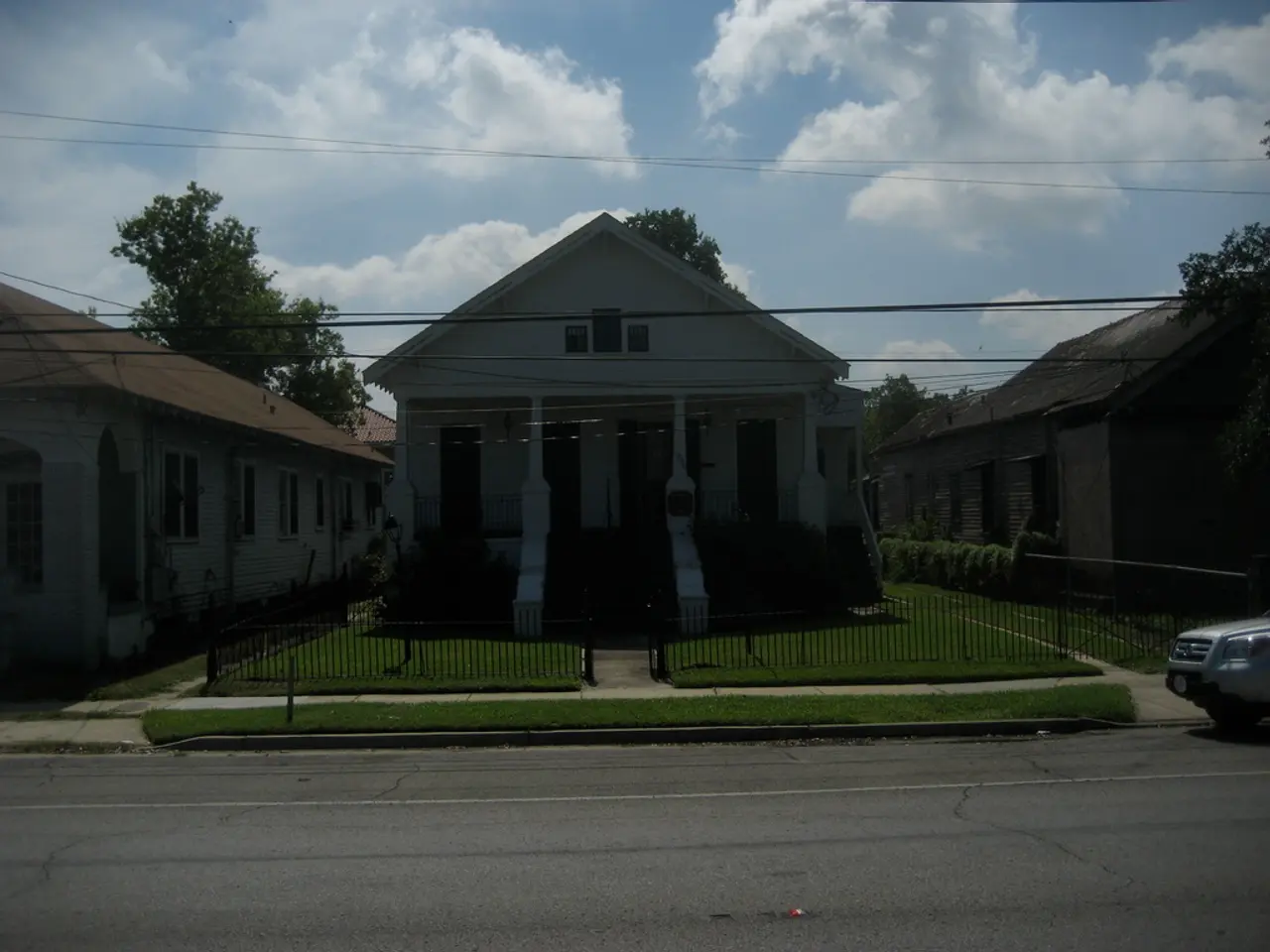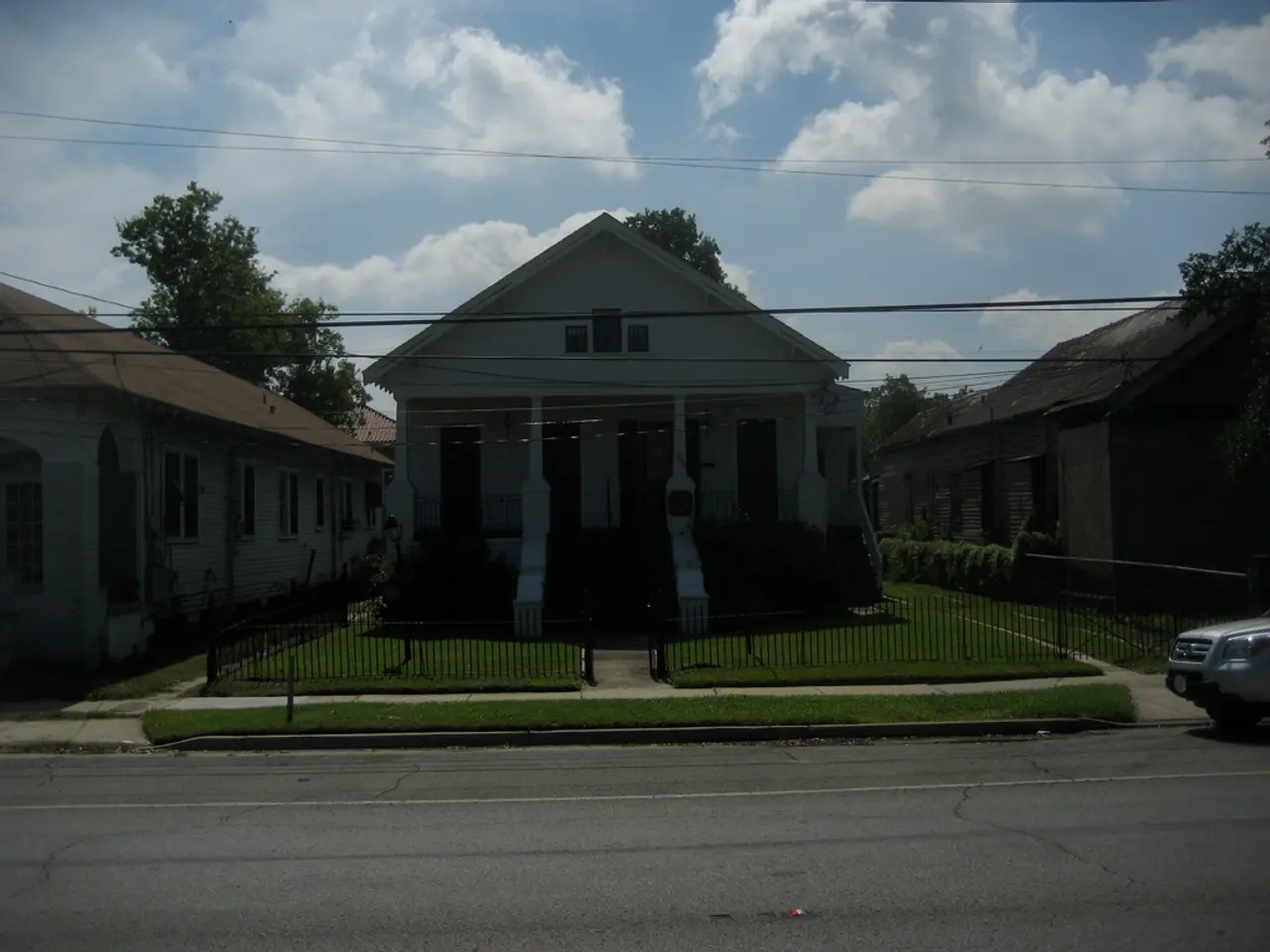City faces intense heat with a warning in effect, as Toronto prepares for another scorching and humid weekend.
Heat Warning and Wildfire Smoke Alert Issued for Toronto and Southern Ontario
Toronto and much of southern Ontario are bracing for a heat wave, with temperatures expected to reach the low 30s on Monday and Tuesday. However, the city is also dealing with wildfire smoke, which has led to increased health risks for residents.
During periods of combined heat waves and wildfire smoke, individuals face double exposure to extreme heat and air pollution. This can strain the cardiovascular system as the body works to cool itself, while wildfire smoke introduces fine particles that cause lung inflammation and irritation.
The health effects of this double exposure can be severe. Key health effects include heat-related illnesses such as heat exhaustion and heat stroke, respiratory irritation and inflammation from wildfire smoke particles, and potential exacerbation of cardiovascular and respiratory diseases.
To protect residents, Environment Canada and health authorities have advised several protective measures. These include limiting outdoor activities, especially during peak heat and poor air quality periods, staying hydrated by drinking water frequently, using air conditioning or fans to cool indoor spaces, and monitoring for symptoms of heat-related illnesses and smoke exposure.
In periods of high air quality risk from wildfire smoke, it is recommended to reduce exposure to smoke by staying indoors with filtered air if possible, avoiding strenuous physical exertion outside, and using air filters and ventilation systems.
Toronto has experienced days with Air Quality Health Index ratings from moderate to very high risk during wildfire smoke events. This underscores the importance of the combined protective strategies.
To reduce exposure to fine particles in outdoor smoke, wearing a well-fitting, respirator-type mask like a NIOSH-certified N95 or equivalent respirator is recommended.
The smoke pollution is expected to improve throughout the weekend, with some rain forecast for Tuesday night. However, the haze from wildfire smoke out west is expected to continue.
On Saturday, the UV index will be very high at 8, and the city will see sunshine and a high of 33 C, feeling as hot as 40 C with humidity. The air quality health index is forecast to hover around a moderate-risk 5 through Friday and Saturday.
Areas around Greenwood and Danforth, The Beaches, and The Annex are experiencing the worst air quality, labeled as "unhealthy" for the general public. Kitchener, Owen Sound, and Ottawa had the worst air quality in Ontario on Friday morning, also choked by wildfire smoke.
IQAir, a Swiss air technology company, ranked Toronto as the 8th city with the worst air quality among major international cities on Friday morning. On Friday, Toronto's PM2.5 concentration climbed to over 6.6 times more than the World Health Organization’s guidelines.
Milder symptoms from smoke exposure may include throat, nose, and eye irritation, coughs, or headaches. More serious symptoms such as wheezing, chest pains, and severe coughing suggest seeking immediate help, according to Environment Canada.
Residents are advised to shut windows and doors, use air filters, and ventilation systems to protect themselves from smoke. IQAir warns that the air in Toronto is filled with PM2.5, a pollutant commonly found in wildfire smoke.
On Sunday, Toronto will see sunshine and a high of 33 C. The UV index on Saturday will be very high at 8. Tuesday brings the possibility of some rain with a 40% chance at night.
Stay safe and take care during this heat wave and wildfire smoke event. If you experience any symptoms, seek medical care promptly.
- The news highlights a Heat Warning and Wildfire Smoke Alert issued for Toronto and Southern Ontario, where temperatures are expected to rise and air quality may deteriorate due to wildfire smoke.
- This double exposure to extreme heat and air pollution can lead to various health issues, such as heat-related illnesses, respiratory irritation, and potential exacerbation of cardiovascular and respiratory diseases.
- To lessen these effects, residents are encouraged to take protective measures, including staying indoors during peak hours, staying hydrated, using air conditioning or fans, and wearing well-fitting masks like NIOSH-certified N95 respirators.
- The media has reported that several cities in Ontario, including Toronto, have experienced moderate to very high-risk air quality levels during wildfire smoke events, emphasizing the importance of these protective strategies.
- In response to the poor air quality, authorities in Canada have advised limits on outdoor activities, reducing exposure to smoke, and using air filters and ventilation systems.
- The air quality in Toronto has been consistently poor due to wildfire smoke, as indicated by the Air Quality Health Index, with some areas labeled "unhealthy" for the general public and a ranking as the 8th city with the worst air quality among major international cities.








